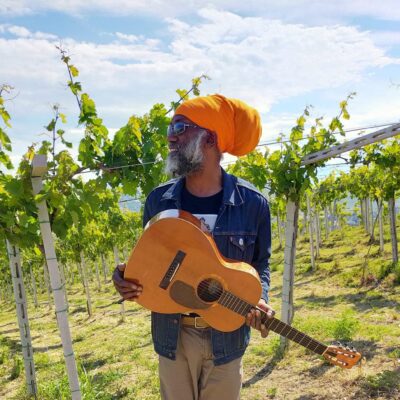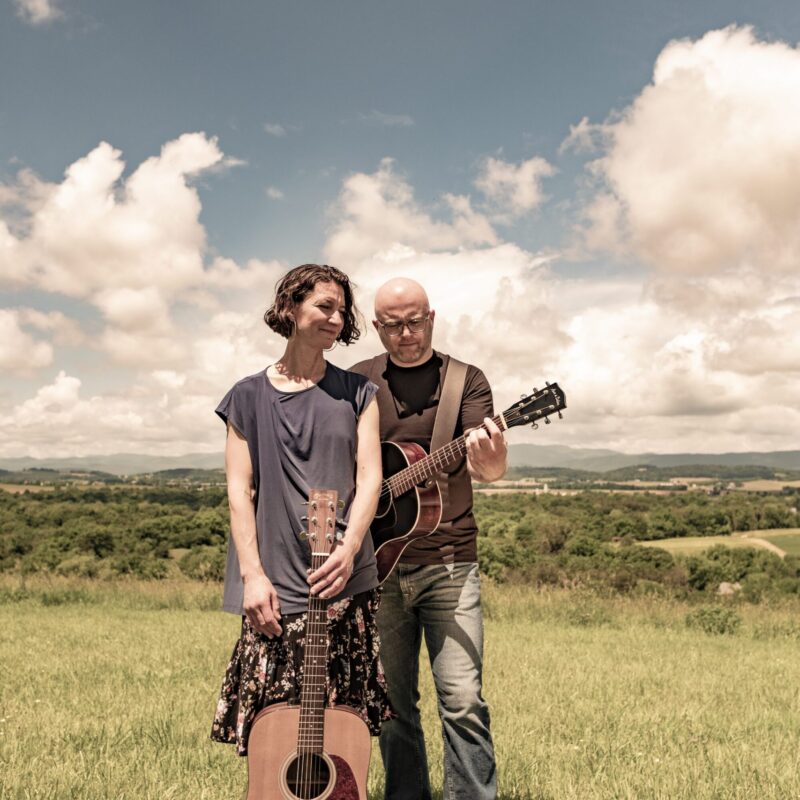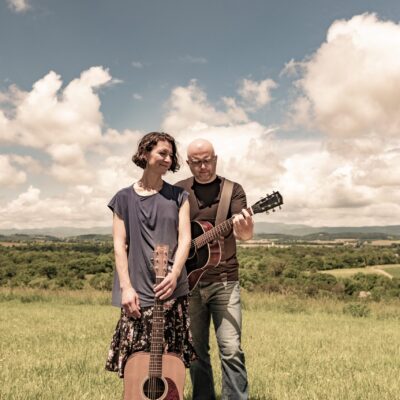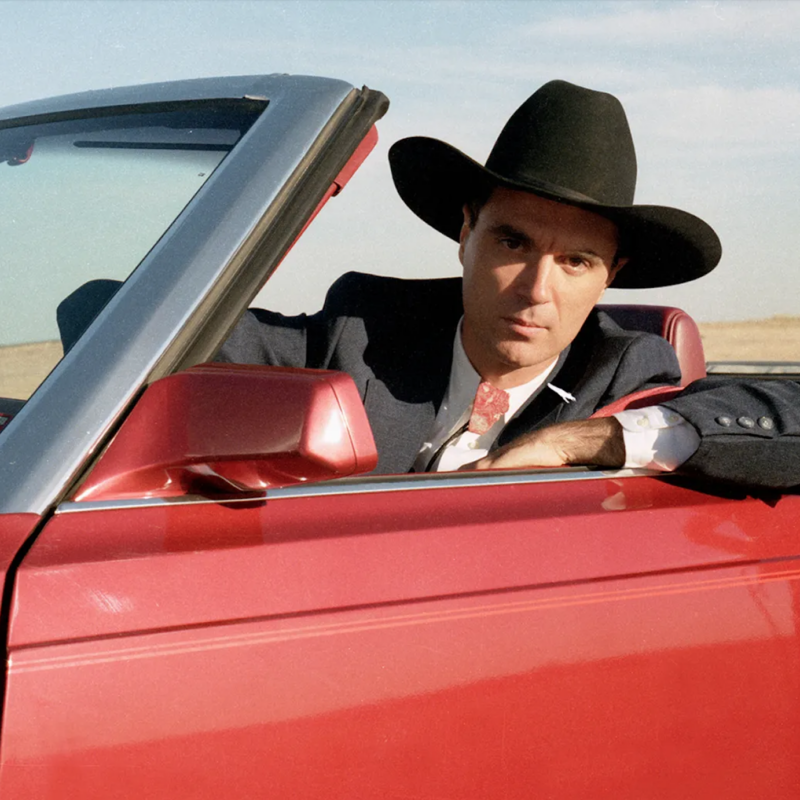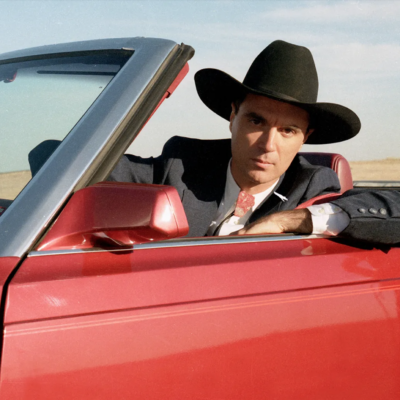A single attendant opens the Corner parking lot at 9am every day, working the slow portion of the shift at the booth that stands watch over the asphalt tract behind the Satellite Ballroom. He works alone until noon or so, when a second attendant arrives to lend a hand during the busy hours from noon to 3pm. If things look light, the second attendant will head out after 3pm, leaving the first man to guard a gaggle of compact cars and SUVs until 5pm, when the night man arrives to relieve him until the lot closes at 2am.
 Thanks, a lot: Filmmaker Meghan Eckman tracks the signs of the times in her documentary about the Corner parking lot. |
It took local filmmaker Meghan Eckman a year to figure out the story behind the Corner lot—not just the routines, rituals and reputations associated with the space, but the larger impact of the small patch of oil-stained pavement, a story that can only be told through the cast of characters that inhabit the space on a regular basis. “Philosophers, anthropologists, grad students, poets, musicians, dropouts, burnouts,” she tells Curtain Calls over a cup of coffee. “A whole mix of people in a space without a formal structure. A microcosm of human drama, being played out on baking asphalt.”
Eckman graduated from the University of Virginia in 2000, where she worked in the digital media lab and served as president of the UVA FilmMakers Society. Following her graduation, Eckman moved to New York and took gigs making and editing political documentaries with the Guerilla News Network (head to gnn.tv/videos to watch her film on genetically modified food) and a few corporate training videos. She took the money she banked and traveled for a year—to Iran and Spain, then around the U.S. with her art-rock group, Animental, a trip that she filmed for a documentary titled Road Does Not End and screened at The Bridge/Progressive Arts Initiative upon her return to Charlottesville in 2007.
By the time she screened Road, Eckman was well on her way to amassing the 125 hours of total footage that she is currently cutting and editing into a feature documentary that she plans to submit to film festivals (with the possibility of a test screening or two in town). She dug into 20 years of past employees, turning up lot-heads like Yo La Tengo bassist James McNew, who manned the lot in the late ’80s.
“[McNew] said the parking lot was his secondary schooling,” says Eckman. “More educational than any friend or life experience up to that point, without a doubt.”
The lot’s manager, Chris Farina, took on similar projects with 1995’s West Main Street, a locally based documentary about the bit of road that bisects the University and Corner, and Route 40, a Baltimore highway. (Farina, who runs Rosalia Films, is currently working with Venable School teacher John Hunter to raise funds for Farina’s film about Hunter’s World Peace Game. But you already know that because Curt told ya, right?) Eckman credits him with maintaining the Corner lot’s “non-authority” feel.
“The amazing thing about the lot is that it is an autonomous space,” says Eckman. “It’s surrounded by formal structures of establishment—businesses, bars, the University’s system of rules. But it’s an in-between place.” She pauses, then turns back to Farina and his Route 40 film. “One might think of a highway as a strange subject for a movie on first consideration, like a desolate space, but he found the soul in it. Maybe it’s the same with the parking lot.”
When Eckman explains to Curt that meditating too much on the future of the Corner lot could reveal too much about the film, they talk instead about Dig!, filmmaker Ondi Timoner’s documentary of the repeated meltdowns of a promising band dubbed the Brian Jonestown Massacre, for which she compiled 2,000 hours of footage. (WTJU hosts a free screening of Dig! on Monday; see listings, page 39.) In one scene in Dig!, friends of the Jonestown band dress in white robes and follow the group’s all-but-unhinged leader, Anton Newcombe, into the desert to shoot a short film; one person on-hand describes the event as something between a cult and a music video.
“The Corner lot becomes an exercise in philosophy. It becomes a system of justice. It becomes a religion,” says Eckman before she and Curt part ways. “It sounds silly, and that is part of the film—the absurdist quality of it—but it’s what I’m documenting. And it’s amazing.” At present, Eckman has no deadline for completing her film, but Curt will keep you posted on her work.
Segue to spring
It’s spring break, and the identity of Charlottesville re-emerges, briefly. With a large portion of the UVA students returned to the place from whence they came—that vague, hazy space known as “Outtatown”—Curt ventures out like one of those birdwatching guides from the Ivy Creek Natural Area to see who’s pecking about.
CC runs into local public relations guru John Kelly in Barnes & Noble’s magazine section, and the pair talk about “The Wire,” HBO’s broad-mapping crime drama and Curt’s latest obsession. (Sorry, Vincent D’Onofrio and “Law & Order: Criminal Intent.”) Curt grabs a copy of Oxford American’s annual sports issue when he spots the name of UVA’s resident Freud expert, Mark Edmundson, under the heading “New Fiction,” pays, then heads over to Greenberry’s for coffee, where he runs into local McGuffey Art Center member Lee Alter, sketching a portrait of Albert Einstein from the cover of this month’s Discover Magazine and preparing for her spring art workshops (visit leealterartist.com for details).
Pleased with his coffee and ready to take a look at Edmundson’s most recent stab at fiction—about a pregnant graduate student in English who attends dinner at a school janitor’s home—Curt nabs a table outside of the coffee shop, kicks his feet up and digs into the story.
Meet the intern
With CC lazing away in the sun, what better person to bring you your cultural recommendations than C-VILLE arts intern Sara Yenke (also the gal behind UVA literary magazine 3.7). Curt handed Yenke the reins for a quick cultural recommendation, posing her the question, “If blood alone moves the wheels of history, what turns your cultural gears?” Here’s what she has:
“The Measured Word, a book of essays on science and poetry. (Also known as: ‘What I Pulled from the Bowels of Alderman Library,’ or, ‘Evidence that I am Working on a Thesis.’) Except it’s interesting. Ramblings by Albert Goldbarth, Forrest Gander, Patiann Rogers (who spoke at UVA last year) and Stephanie Strickland, among others. Hints at the fact that integrands [Curt’s note: Integrands are squiggly lines used in calculus; Yenke will be penalized for her use of math vocabulary.] are poetic. You know you’ve always loved how they look, all scrolled and nonlinear. Admit it.”
Words to take seriously, folks, as Yenke also has a review of Jennifer Chang’s The History of Anonymity, one of the first books in the Virginia Quarterly Review’s Poetry Series. Check it out here.
Want to yack with Curt for hours on end about Philip Seymour Hoffman? E-mail curtain@c-ville.com.

